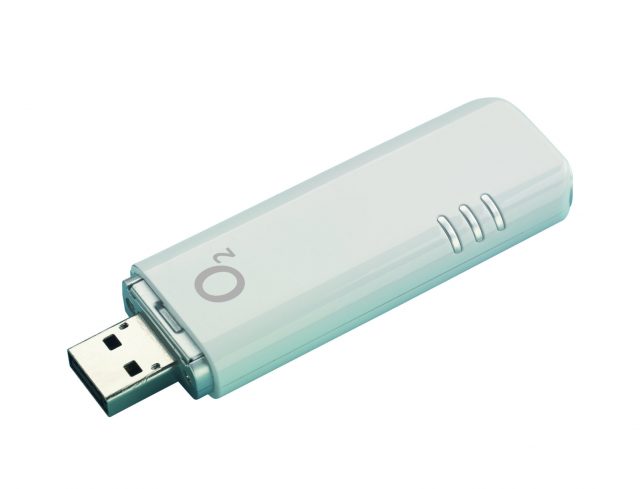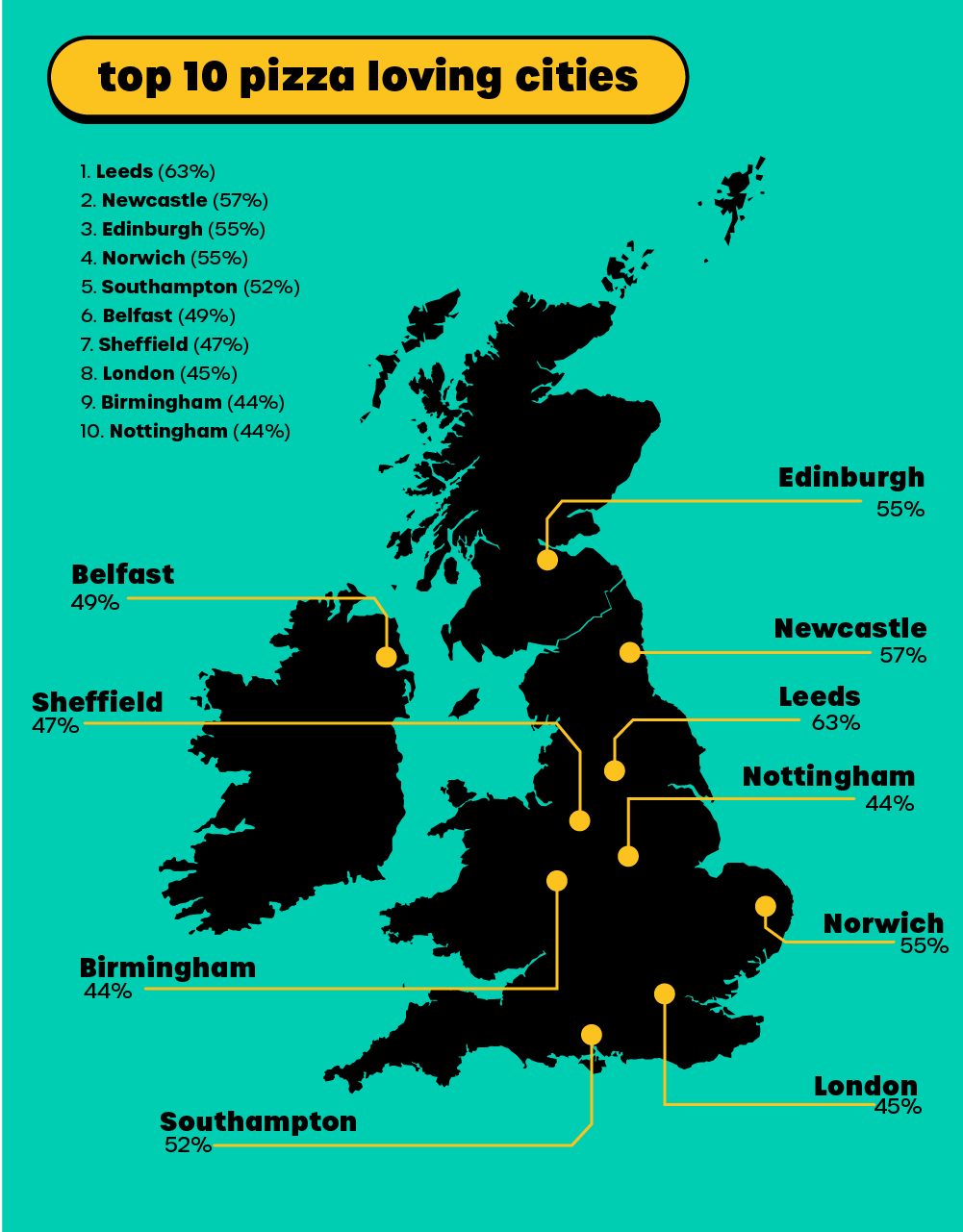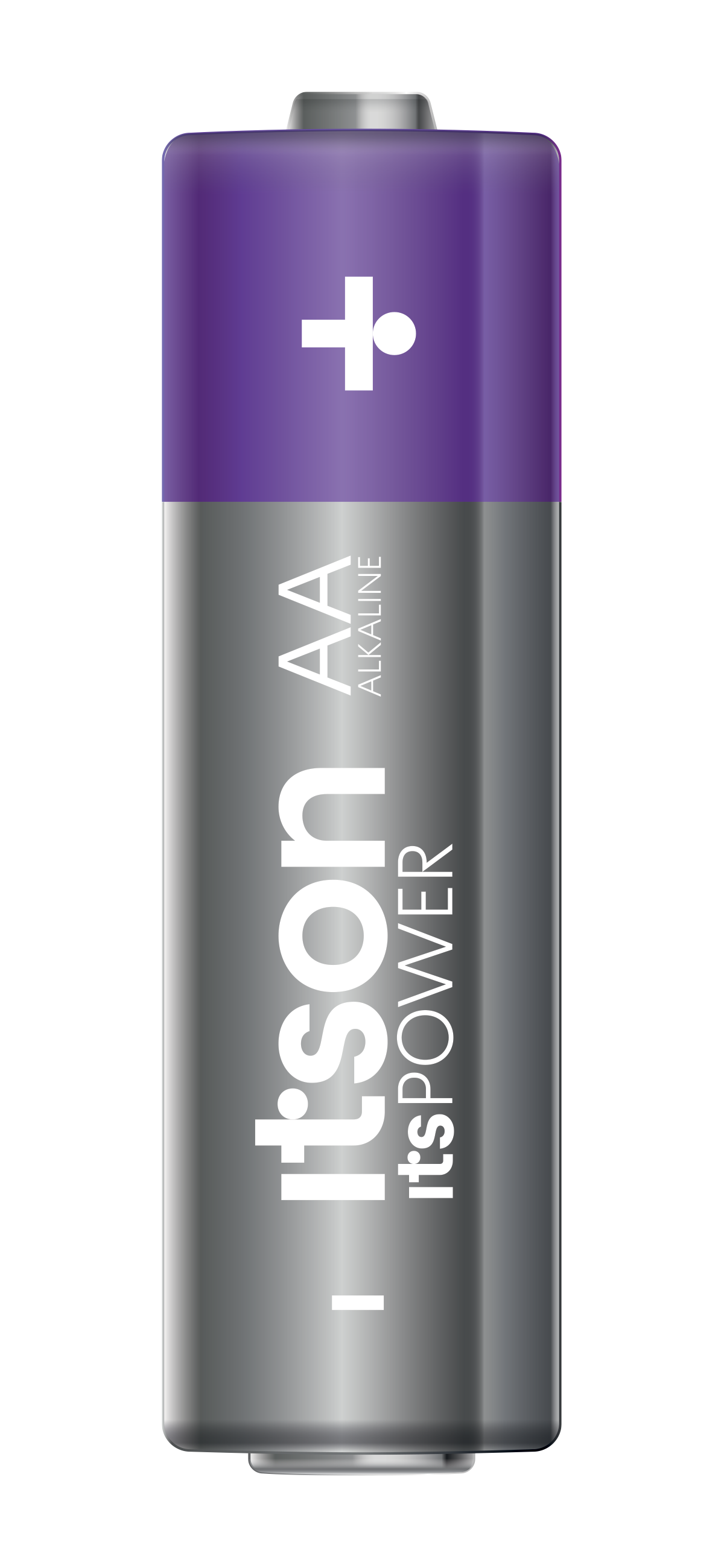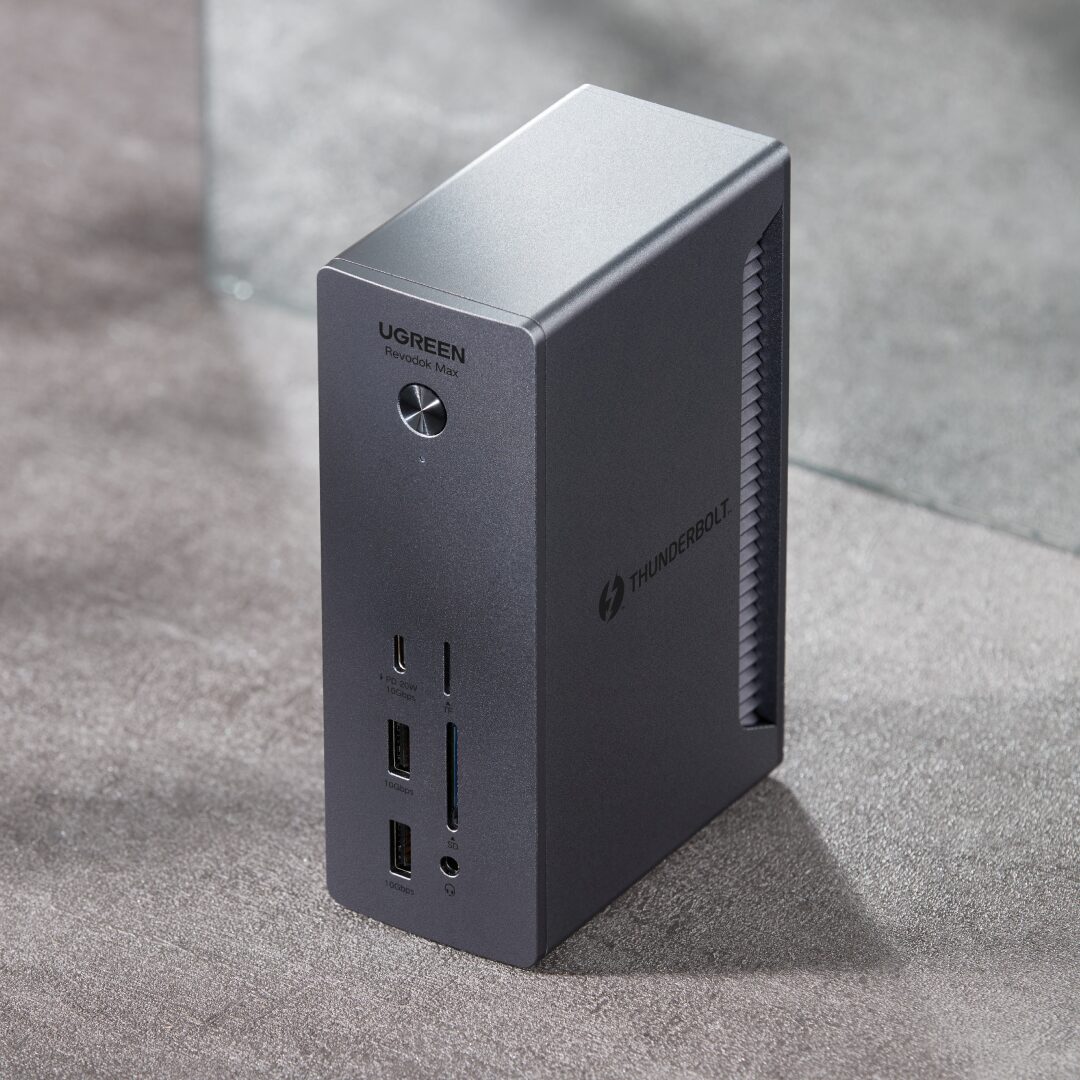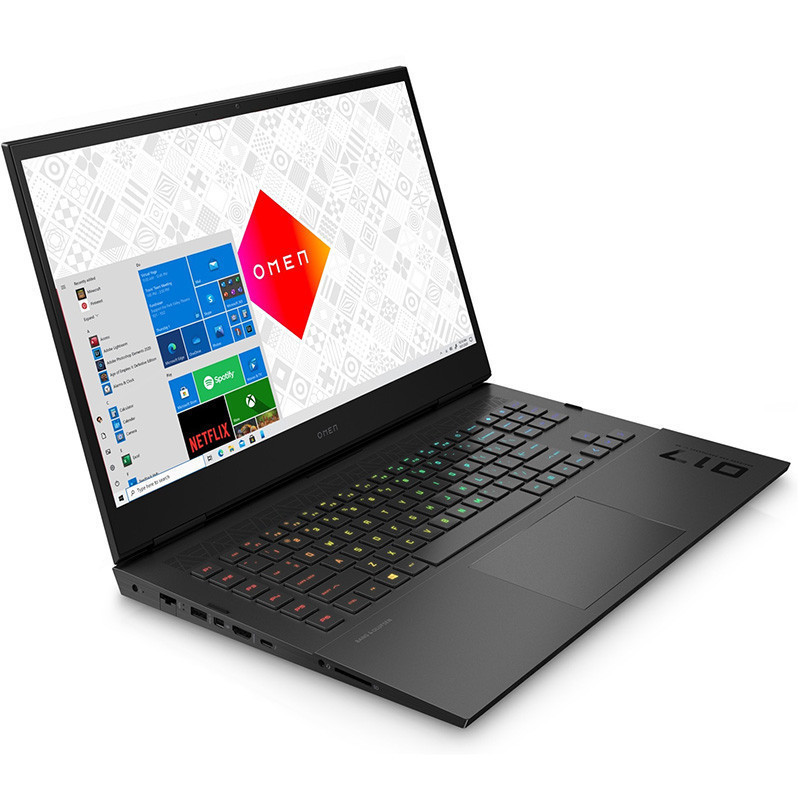 On the evolutionary scale of the internet, from dial-up modems through cable modems, broadband and the advent of “web 2.0”, we have finally arrived at its newest incarnation – mobile broadband.
On the evolutionary scale of the internet, from dial-up modems through cable modems, broadband and the advent of “web 2.0”, we have finally arrived at its newest incarnation – mobile broadband.
Mobile broadband is distinct from fixed-line broadband in that it can be used anywhere you can get a signal, and does not rely on a solid line into your house or office that is limited by having to be directly connected or by the short range of a wireless router.
It all works by using a broadband dongle. A dongle is a small modem that plugs into your computer via a USB port. It acts as a receiver for the broadband signal that is sent out, and by installing a fuss-free piece of software to manage the dongle you can be online in as little as 10 minutes. It is ideal for people on the move, as you can use it wherever you can set up your laptop. You can even access the internet abroad, for an extra fee.
There are some restrictions however. As it is new technology, the speeds are something around half of fixed line broadband. The technology is coming on in leaps and bounds though, with companies like Vodafone offering a staggering 7MB service. Also, especially in rural areas, the signal can be weak or sometimes non-existent though, as above, the network coverage of the UK is growing day by day. You might also be subject to download limits, but for the kind of thing people use mobile broadband for, namely checking emails and the like, speeds of 1MB should not be a problem.
So, when you compare mobile broadband providers, you should take these factors into consideration. For instance, if you are in a rural area and intend on using it as your only broadband connection, you might (but not definitely) experience some problems. However, if you just want something that you can access whilst you are on the move, it could be ideal for you.
Nearly all the major mobile phone companies now offer mobile broadband services, including O2, Vodafone, 3, T-Mobile and Orange – Virgin Media has also recently rolled out a mobile broadband package. An important thing to do before buying is to check the network coverage, and choose one that will offer a good signal in your area, and over the widest area. Using a price comparison site too will help, as it will set out speeds, price plans and download limits side-by-side, making it easier to compare. Of course, higher speeds and download limits will bring bigger prices, such as £15 a month from Vodafone and 3; so, as ever, it is a case of balancing your budget and your possible usage against who covers your area best.
So, if you are looking for the best mobile broadband service, get comparing using a site such as http://www.broadband-expert.co.uk, set yourself up with a dongle and gain internet freedom.


